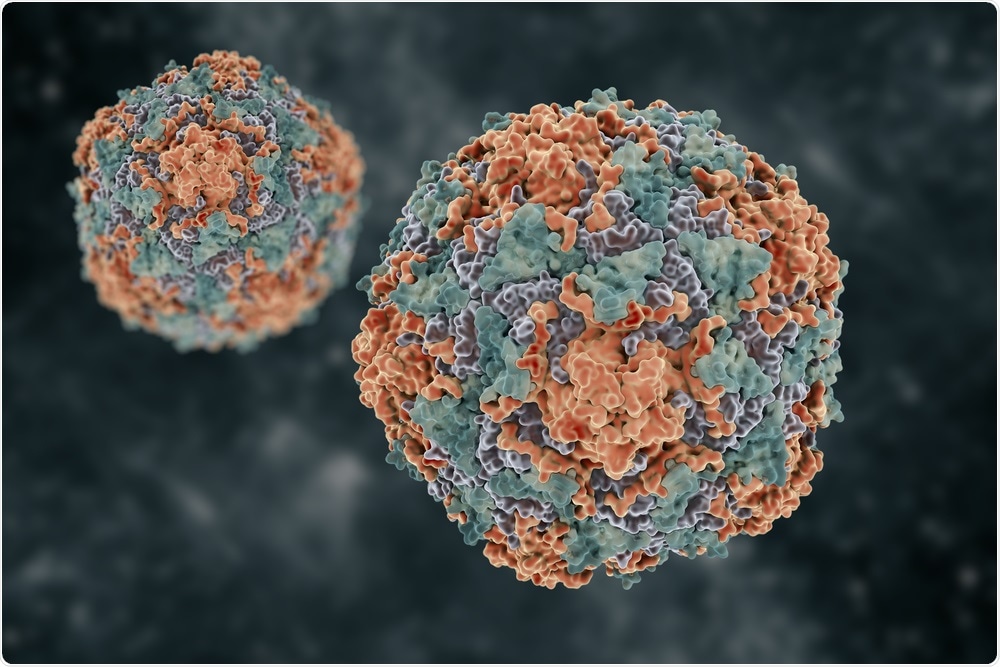
Many cancer patients have undiagnosed hepatitis
A new report published today in JAMA Oncology describes alarmingly high rates of undiagnosed acute and chronic hepatitis B and hepatitis C in patients with cancer. These diseases could be seriously detrimental to treatment outcomes.
 vitstudio | Shutterstock
vitstudio | ShutterstockHepatitis B and hepatitis C are serious but treatable viral infections, which can have life-threatening complications. These complications are particularly likely if the patient is receiving certain cancer treatments.
Indeed, some anti-cancer treatments may in fact cause hepatitis viruses to reactivate and spread, which would make the affected cancer patients more ill, rather than better. Such effects have been reported for anti-CD20 therapies and hematopoietic cell transplantation, which are used in the treatment of lymphomas and leukaemias.
However, a recent study conducted by investigators from the SWOG Cancer Research Network, an international cancer clinical trials group funded by the National Cancer Institute (NCI), reveals that many cancer patients are living with undiagnosed hepatitis.
The study is the largest study of its kind, investigating the prevalence of hepatitis B, hepatitis C and HIV infections in over 3000 cancer patients from 18 clinics. The majority of the participants were being treated for either breast cancer, blood and bone marrow cancers, colorectal cancer, or lung cancer.
The results showed that a substantial portion of patients recently diagnosed with cancer did not know that they were infected with the hepatitis virus. In contrast, there was no evidence of large numbers of undiagnosed HIV infections.
More than 87% of patients with a history of hepatitis B infections and 42% of patients with chronic hepatitis B were undiagnosed prior to entry into the study. In addition, around a third of patients had undiagnosed hepatitis C infections.
Although the patients had no identifiable risk factors that would warrant hepatitis testing, the fact that they harboured for hepatitis infections put them at significant risk of liver failure, kidney disease, or other complications from hepatitis.
Despite varying oncology practice guidelines for the viral screening of cancer patients, there is very little evidence to support them.
The findings of this study suggest that universal screening for hepatitis B or C may be warranted in community cancer clinics to enable physicians to make more informed choices about cancer treatments.
A cost effectiveness study is currently underway to assess the feasibility of introducing routine hepatitis screening for cancer patients.



































No hay comentarios:
Publicar un comentario